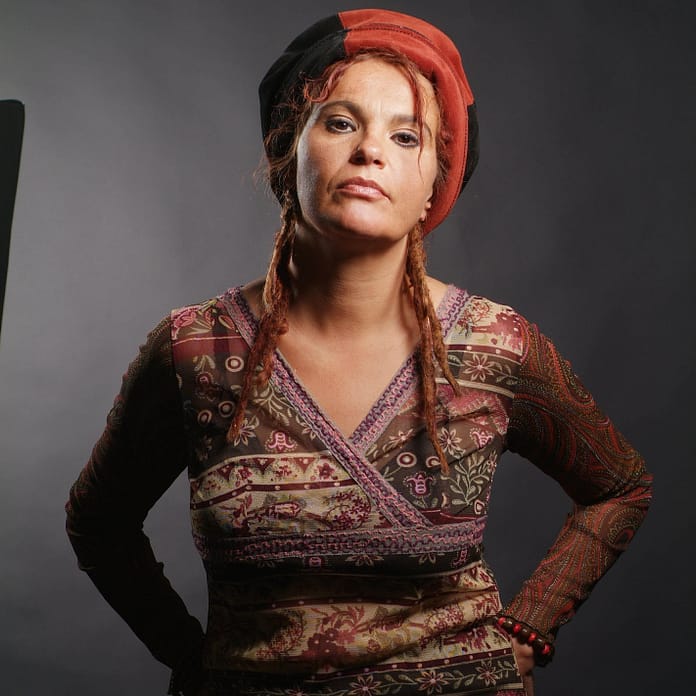Musicians who can create magic by drawing into their origins have a certain captivating and true quality about them.
Sista Mika, whose given name is Sophia Michalakoudis, is a living monument to the genuineness of that culture. Sista Mika was born in Brussels with a Greek background.
She grew up to the rhythmic rhythms of rebetiko, Greece’s response to blues and reggae, a lyrical story of revolt and equality that her musician father lived and breathed.
At the age of 13, a young Mika discovered the reggae majesty of Bob Marley’s “One Drop,” which started her on a path that she probably didn’t realise she was headed down at the time.
The next year, she delved deeper into classical music by enrolling in college and attending a private music school. She absorbed every musical detail she could find, and they all led her to her destined path as a star.
Fast forward to the year 1986, when Mika was in her hometown seeing Black Uhuru play when she had a life-changing experience. Her experience at a performance featuring the captivating voice and dynamic stage presence of Mykal Rose was more than simply a concert; it was a cry to arms.
Sista Mika’s path to success has been marked by a wide variety of artistic inspirations, and it wasn’t long before she brought her enthusiasm to the stage. At the age of 23, she co-founded “MIKA and The Human Race” with her two gifted sisters, Ann and Elizabeth. Their album “MLK,” which was an homage to Dr. Martin Luther King and was released on vinyl, received praise from both reviewers and fans.
In the world of reggae, Mika has etched an unmistakable impression thanks to the fact that he has released eight albums and collaborated with industry veterans like Steel Pulse, Freddy Loco, and Dubcreator.
Her record label, “Only 4 Music,” which she established in 2002, is a demonstration of her dedication to creativity that is uncompromised by considerations of financial gain.
Sista Mika is stepping things up a level now that she is working on her ninth studio album. The album, which has the aptly named “Sista Mika Meets the Legends” as its title, is a monumental collaboration.
The excitement around this album is apparent because of the contributions made by legends like as Mykal Rose, Sizzla Kalonji, and Sly Dunbar. The song “Freedom” promises to take listeners on a musical adventure unlike any other.
The highlight single “Expropriation” is more than simply another song; it is a compelling socio-political tale that echoes the thoughts of displaced people all across the world.

Sista Mika is not only a singer but also an advocate for those who have been disconnected from their cultural roots. Her song tells an honest story of their pain, their yearning to belong, and their strong desire for justice and redemption.
Mika demonstrates once again that music is not constrained by national boundaries or the passage of time with her most recent offering, which is a magnificent fusion of her Greek rebetiko origins and the reggae rhythms that won her heart.
The song “Expropriation” demonstrates Sista Mika’s flexibility as an artist and her dedication to providing a voice to those who do not have one.
She is more than simply a musician; she is also a storyteller, a rebel, and a ray of hope in a world that is desperately in need of some soulful sounds.

